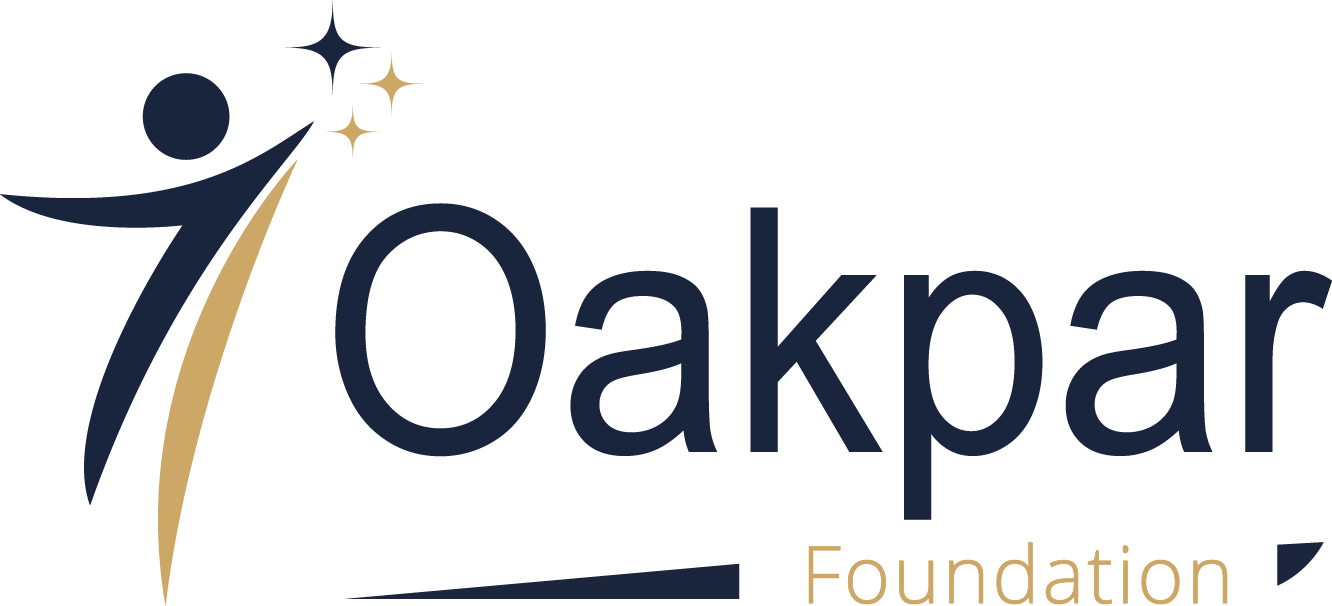Education has been recognized as a fundamental human right since the Universal Declaration of Human Rights in 1948. According to UNESCO (United Nations Educational, Scientific and Cultural Organization), education is a human right that must be guaranteed to everyone, regardless of their ethnic origin, gender, age, religion, socioeconomic status or any other personal characteristic. And being a human right, it must include universal access to quality education, from early childhood education to technical and vocational education, and must be offered without discrimination. Furthermore, education must be adapted to the individual needs of students and must promote values such as tolerance, respect for human rights and mutual understanding.
Thinking beyond the syllabus, educating also implies guaranteeing freedom of thought, conscience and religion, and the right of expression and opinion. This means that education must provide students with the opportunity to develop their own ideas and opinions, and to express them freely, providing individuals with the skills and knowledge necessary to fully participate in society.
Despite global efforts to ensure universal access to education, there are still many challenges to be overcome. Many countries still do not prioritize the educational sector and are therefore unable to offer quality education for everyone, especially for the most vulnerable populations, such as refugees, people with disabilities, children living in rural areas or in situations of poverty. , between others. Therefore, it is critical that governments, international organizations, civil society and other stakeholders work together to ensure that education is a universal human right capable of promoting equality, social justice and sustainable development.
Education for Global Citizenship
Despite growing global interconnectedness, human rights violations, inequality and poverty still pose serious threats to peace and sustainability. To combat these challenges, UNESCO created Global Citizenship Education (GCED – an acronym in English for Global Citizenship Education), which aims to enable students of all ages to understand that these are global and not local problems, becoming active supporters of more peaceful, tolerant, inclusive, safe and sustainable societies.
GCED is a strategic area of the UNESCO Education Sector program and builds on the work of Education for Peace and Human Rights. The objective is to instill in students values, attitudes and behaviors that support responsible global citizenship, such as creativity, innovation and commitment to peace, human rights and sustainable development. To propagate GCED actions, UNESCO works with an extensive global network, including its own institutes, UN agencies and intergovernmental organizations such as regional organizations. These include the UNESCO Mahatma Gandhi Institute for Education for Peace and Sustainable Development (MGIEP), the International Institute for Capacity Building in Africa (IICBA), the UNESCO Institute for Statistics (UIS), the Center for Education for Asia-Pacific International Understanding (APCEIU), UNESCO Associated Schools Project Network (ASPNet) and UNITWIN/UNESCO Chairs.
UNESCO's work in this area is based on its own Constitution, guided by the Universal Declaration of Human Rights, the Education 2030 Agenda, the Framework for Action and Target 4.7 of the Sustainable Development Agenda. Furthermore, UNESCO follows the Recommendation relating to Education for International Understanding, Cooperation and Peace and Education relating to Human Rights and Fundamental Freedoms (1974) and the World Program for Human Rights Education.
Within the context of GCED, UNESCO has several special themes, such as:
– Promotion of the Rule of Law through Education for Global Citizenship.
– Preventing Violent Extremism through Education;
– Education about the Holocaust and Genocide;
– Languages in Education
The GCED is essential to establish parameters in global education that guarantee compliance with the SDG targets that deal with the right to access to education, gender equality and social equality.
The Close Relationship Between SDGs 4, 5 and 10
The Sustainable Development Goals (SDGs) were created by the United Nations (UN) in 2015, with the purpose of guiding public policies, actions and investments for a more fair, equal and sustainable world. Among the 17 established objectives, three of them are closely related: SDG 4 – Quality Education, SDG 5 – Gender Equality and SDG 10 – Reducing Inequalities.
SDG 4 aims to guarantee universal access to quality education, from early childhood education to technical and vocational education. As already mentioned, education is an essential human right and is a key factor in human development and the promotion of social and economic equality. Quality education can increase employment opportunities, improve health, establish gender equality and reduce poverty. SDG 5 addresses the need to promote gender equality and empower women and girls in all areas of society, as women and girls are often excluded from economic and political opportunities. Equality between men and women is essential to achieving sustainable development, as it affects the lives of all individuals. Gender equality is not only a fundamental human right, but is also essential for eradicating poverty, economic growth and promoting peace and security. SDG 10 highlights the need to reduce inequalities between people, regardless of their age, gender, race, ethnic origin or socioeconomic status. Reducing inequalities is important for building fairer, more inclusive and sustainable societies. This involves measures to reduce poverty, improve social mobility, promote social and economic inclusion, guarantee access to basic services and expand employment opportunities.
SDGs 4, 5 and 10 are intrinsically linked and are fundamental for building more just, egalitarian and sustainable societies.
Education in the Training of Qualified Workforces
Education plays a crucial role in the development of a society. It is essential for the formation of a qualified workforce capable of contributing to economic growth, in addition to being essential for the social, cultural and political development of a country.
Educating with quality is a basic requirement for improving the productivity and competitiveness of an economy. By investing in education, companies and governments can train a qualified workforce, with skills and knowledge that correspond to market needs. This can help improve the efficiency, innovation and competitiveness of companies, as well as increase a country's ability to attract investment and compete globally. Education also contributes to social development, by helping to combat poverty, inequality and social exclusion. A society with access to education improves health, reduces violence, increases civic participation and strengthens democratic institutions.
Education is an investment with long-term results, which can take years to show visible results. However, investment in education is vital for building a fairer and more prosperous society and, despite the many benefits, there are still many challenges to be overcome, especially in developing countries. Many communities still struggle to have the right to accessible, qualified and free education for everyone, especially for the most vulnerable populations. Therefore, it is critical that governments, international organizations, civil society and other stakeholders work together to ensure that education is guaranteed to all people, regardless of their socioeconomic background or any other personal characteristic.
Investing in quality education ensures not only economic development, but also social development and social justice. Education is an essential human right that must be guaranteed to everyone, regardless of their ethnic origin, gender, age, religion, socioeconomic status or any other personal characteristic, always aiming to form individuals capable of being active supporters of more peaceful, tolerant, and inclusive, safe and sustainable.


